Researchers in Germany exploit enzymes to break down and recycle the most widely-used plastic for packaging.
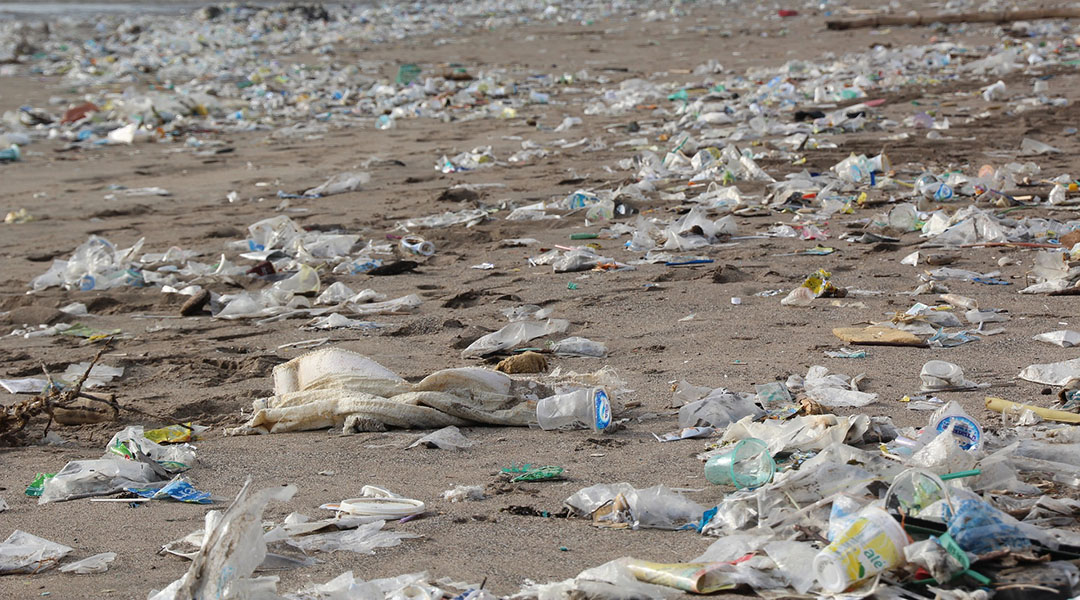

Researchers in Germany exploit enzymes to break down and recycle the most widely-used plastic for packaging.

Carbon dioxide has been labelled as the main culprit driving global warming, but is now improving its reputation as an environmentally friendly refrigerant.
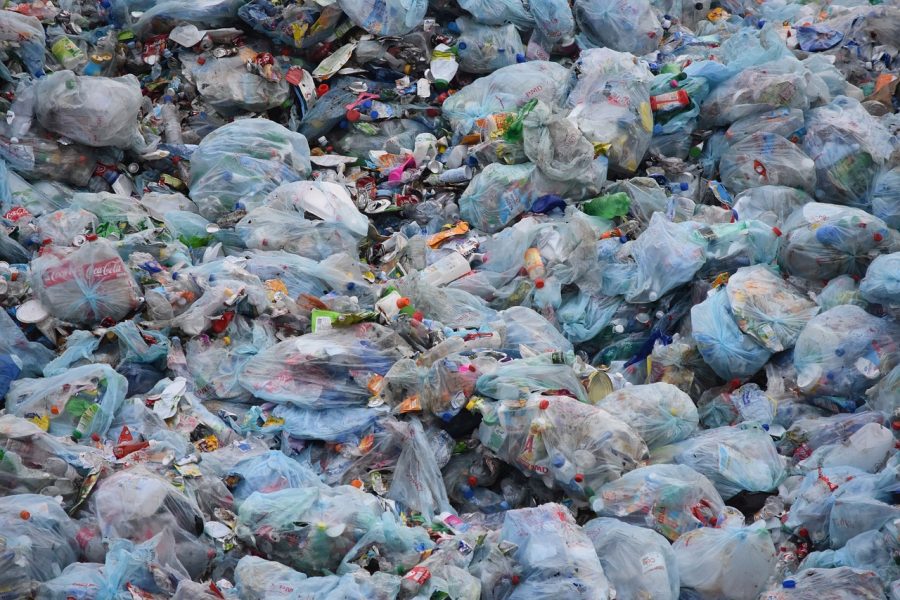
Improving food storage with biodegradable polymers that can prevent food products from rapidly spoiling and help the growing difficulty of waste build up in the environment.

Poplars and willows are sustainably grown to conserve or utilize water in a variety of applications.
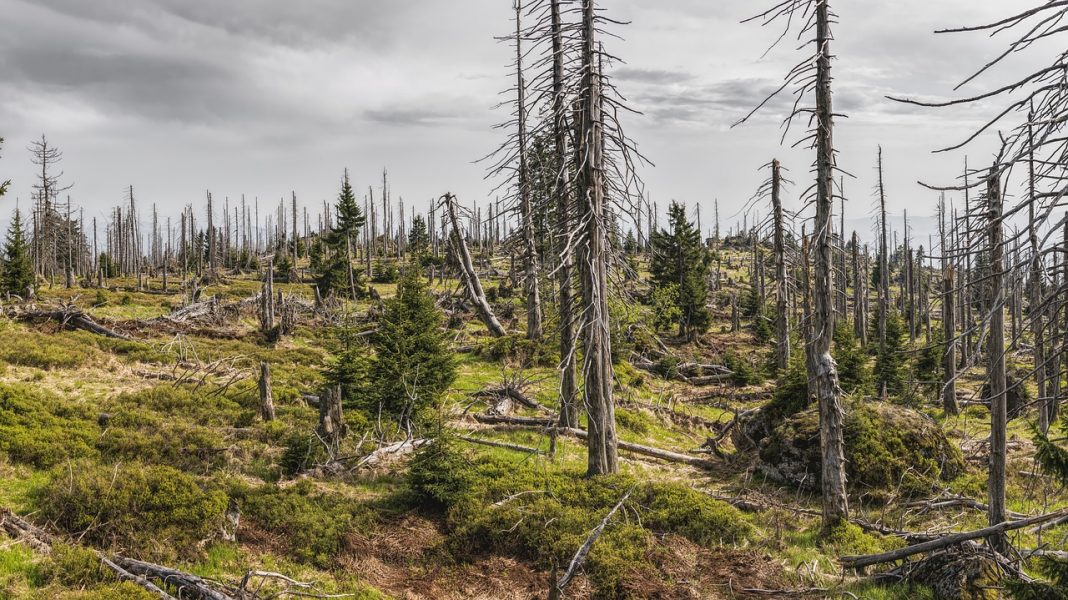
Extended droughts, or droughts that are warmer or more frequent than they have been in the past, can have large consequences on water availability, forest productivity, and forest mortality.
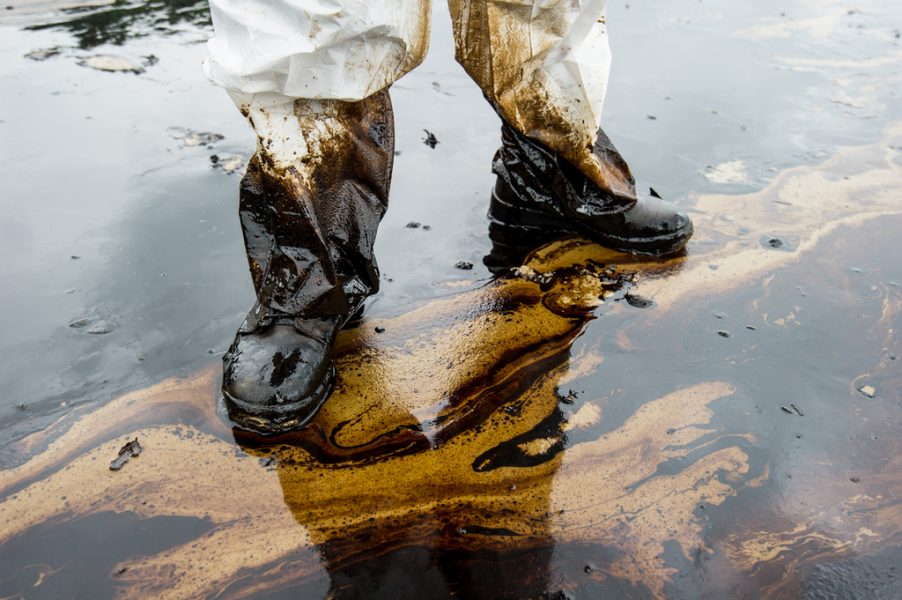
Researchers have developed a gas-phase deposition process to obtain either superhydrophobic or superamphiphilic nanocomposite coatings on filtration membranes.
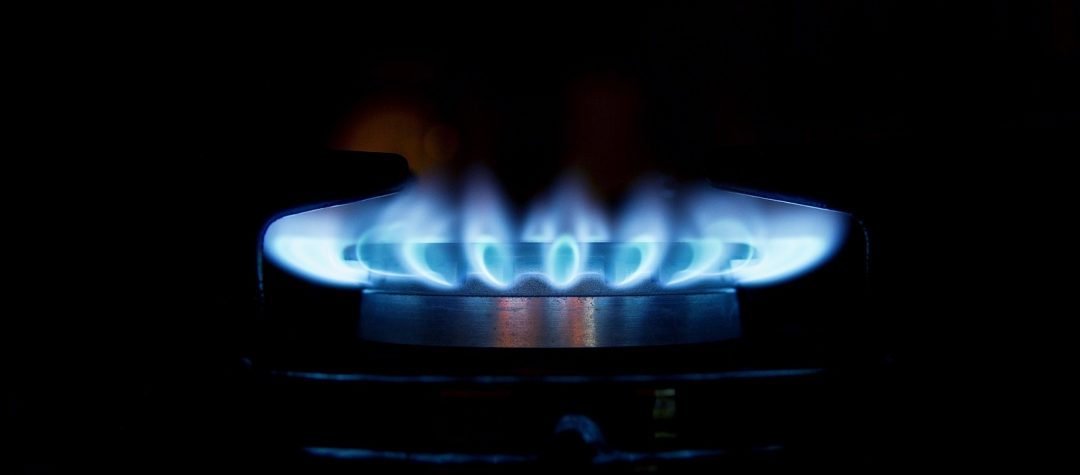
A novel polymer membrane removes impurities from natural gas without the need for toxic solvents.
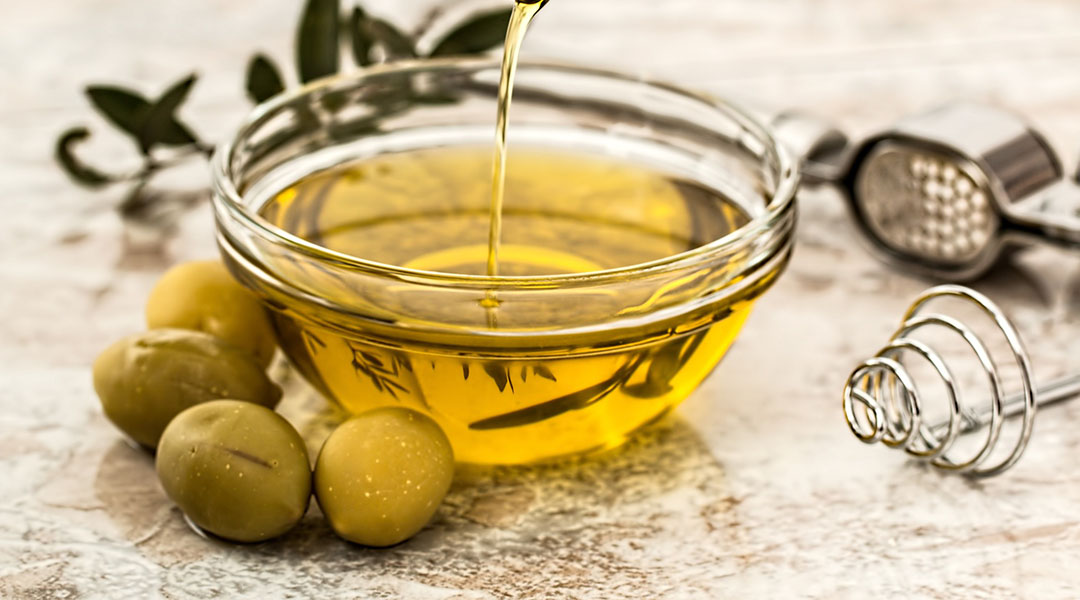
The use of bio-based materials in place of oil-based materials could lead to a more sustainable future for a range of industries.
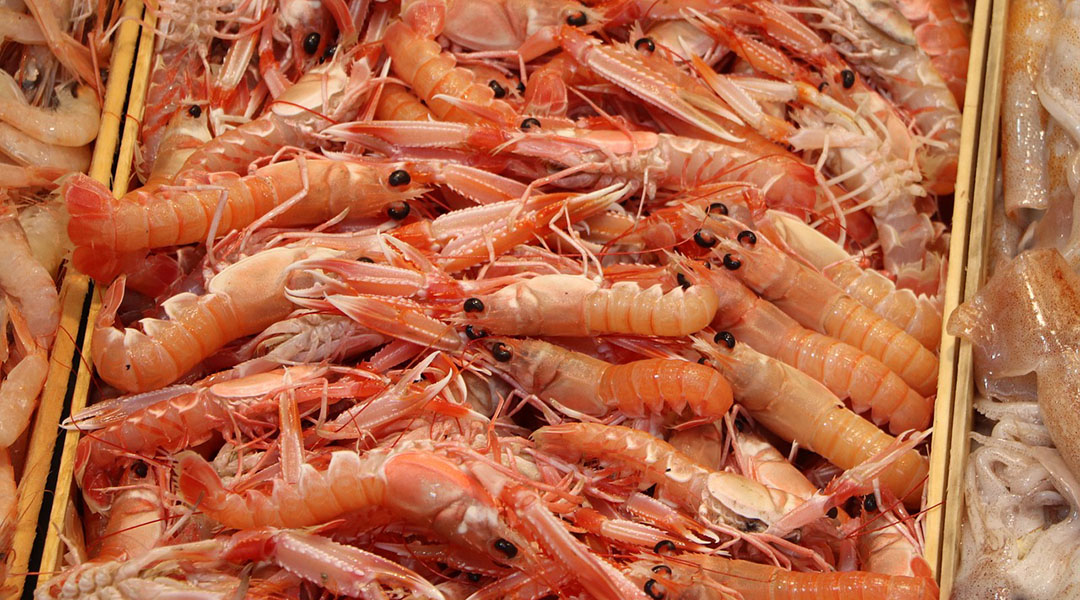
The decortication of shrimp in Northern Morocco results in high amounts of wasted chitin that can otherwise be transformed into highly valuable chitosan.

Swedish researcher helps the wave power industry with a numerical analysis procedure.